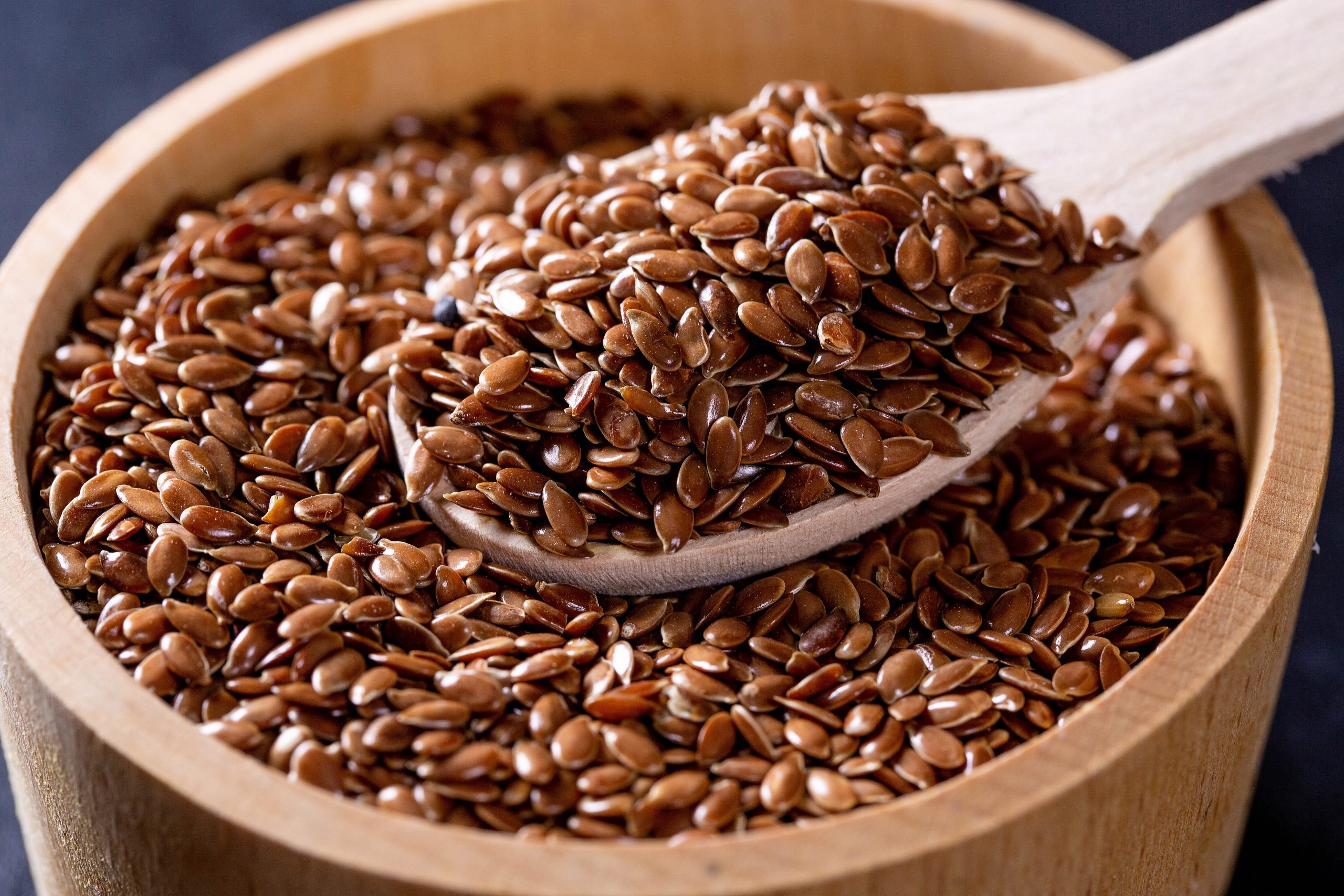
🥗🌰 Indulge in Delicious and Nutritious Keto Lunch Shakes with the Richness of Macadamia Nuts, Flax Seeds, and Creamy Greek Yogurt! 🌱💪
Are you tired of the same old lunches on your keto journey? It’s time to shake things up and savor your midday meal with a variety of keto lunch shake recipes featuring the goodness of macadamia nuts, flax seeds, and creamy Greek yogurt. These shakes are not only satisfying and flavorful but also packed with essential nutrients to keep you energized and nourished throughout the day. Get ready to transform your lunchtime routine with these delicious and nutritious shake ideas! 🥗🌰🌱💪
The Benefits of Macadamia Nuts, Flax Seeds, and Greek Yogurt
Macadamia nuts are not only delicious but also a great addition to your keto lunch shakes. They are rich in heart-healthy monounsaturated fats, which help promote cardiovascular health and provide sustained energy. Macadamia nuts are also a good source of fiber, vitamins, and minerals such as magnesium and potassium. Adding macadamia nuts to your shakes lends a creamy texture and a subtle nutty flavor while providing essential nutrients.
Flax seeds are a nutritional powerhouse that offers numerous health benefits. They are rich in omega-3 fatty acids, which are beneficial for heart health and reducing inflammation. Flax seeds are also an excellent source of dietary fiber, which aids in digestion and supports overall gut health. Incorporating flax seeds into your keto lunch shakes adds a dose of healthy fats, fiber, and a slightly nutty taste.
Greek yogurt is a fantastic ingredient to include in your keto lunch shakes. It is rich in protein, which helps to keep you full and satisfied throughout the day. Greek yogurt also contains probiotics, which support gut health and aid in digestion. The creamy and tangy nature of Greek yogurt adds a delightful texture and flavor to the shakes.
Recipe Ideas:
- 🌰 Creamy Macadamia Vanilla Shake: Blend together unsweetened almond milk, a handful of macadamia nuts, a scoop of vanilla protein powder, a spoonful of Greek yogurt, a drizzle of sugar-free sweetener, and a dash of pure vanilla extract. This shake offers a velvety smooth texture with a delicate macadamia flavor and a hint of sweetness from the vanilla. Adjust the sweetness and thickness to your liking. For an extra touch of indulgence, you can top the shake with a sprinkle of chopped macadamia nuts.
- 🌱 Flax Seed Green Goddess Shake: Combine unsweetened coconut milk, a tablespoon of ground flax seeds, a handful of spinach or kale, a scoop of vanilla protein powder, a spoonful of Greek yogurt, a squeeze of lemon juice, and a pinch of sea salt in a blender. Blend until smooth and well combined. This vibrant green shake is packed with essential nutrients from the greens and flax seeds. The Greek yogurt adds creaminess, while the lemon juice provides a refreshing tang. Adjust the thickness and flavor by adding more coconut milk or water.
- 💪 Protein-Packed Greek Yogurt Shake: Blend together unsweetened almond milk, a scoop of vanilla protein powder, a spoonful of Greek yogurt, a tablespoon of ground flax seeds, a drizzle of sugar-free sweetener, and a pinch of cinnamon. This shake offers a creamy and protein-rich base with a touch of nuttiness from the flax seeds. The cinnamon adds warmth and depth of flavor. Adjust the sweetness and thickness to your liking. You can also add a handful of ice cubes for a chilled and refreshing shake.
- 🍓 Macadamia Berry Blast Shake: In a blender, combine unsweetened coconut milk, a handful of macadamia nuts, a scoop of vanilla protein powder, a spoonful of Greek yogurt, a handful of mixed berries (such as strawberries, blueberries, or raspberries), and a drizzle of sugar-free sweetener. Blend until smooth and well combined. This shake is a burst of fruity flavors with the added creaminess of macadamia nuts and Greek yogurt. The mixed berries provide natural sweetness and antioxidants. Adjust the sweetness by adding a natural sweetener if desired.
- 🥥 Coconut Flax Delight Shake: Blend together unsweetened coconut milk, a tablespoon of ground flax seeds, a spoonful of Greek yogurt, a scoop of vanilla protein powder, a tablespoon of unsweetened coconut flakes, and a drizzle of sugar-free sweetener. This shake offers a tropical twist with a combination of coconut and flax seeds. The Greek yogurt adds a creamy texture, while the coconut flakes provide an extra touch of flavor and texture. Adjust the sweetness and thickness to your liking.
Feel free to get creative and experiment with these recipes. You can add a handful of your favorite leafy greens, a tablespoon of nut butter for extra creaminess, or a dash of your preferred keto-friendly spices to customize the shakes to your liking. Enjoy the process of creating delicious and nutritious keto lunch shakes that will keep you fueled and satisfied throughout the day! 🥗🌰🌱💪
Don’t forget to share your delightful keto lunch shake creations with us on social media by tagging @Masala.Monk and using the hashtag #MasalaMonk. We can’t wait to see your inventive recipes and inspire others on their keto journey! 📸✨













